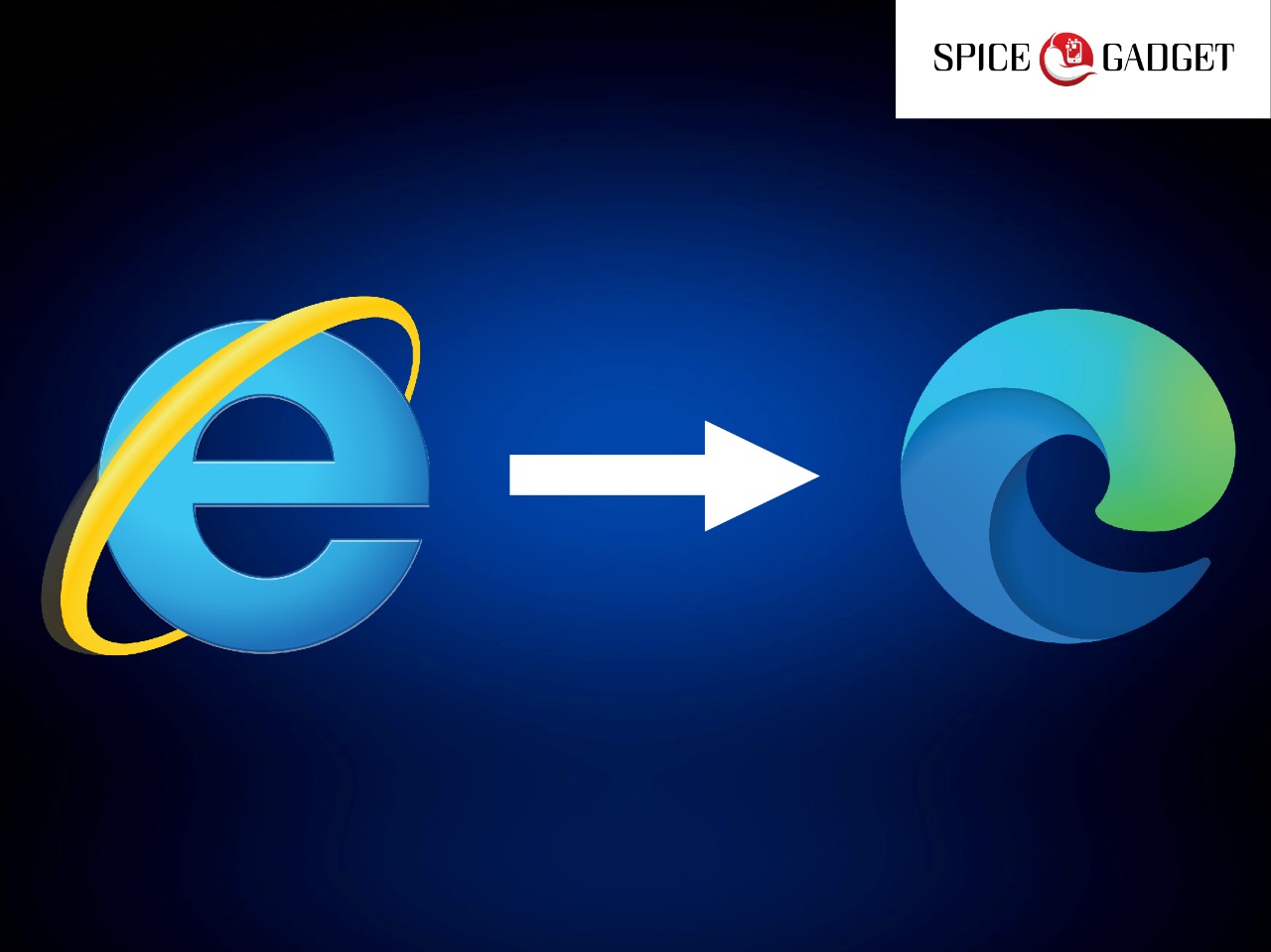Microsoft ceased maintaining the Internet Explorer website search engine, signalling the ending of an era for a twenty-six years-old trademark marred by antitrust litigation, safety problems, and sluggish functionality. Rather, clients will be directed to Microsoft’s newest Internet web.
Although Microsoft does not profit immediately from browsing, Edge switches to Microsoft’s Bing web browser, which produces advertisement money for the technology and electronics giant. With approximately $3 billion in sales in the current period, this segment accounts for around 6% of Microsoft’s overall revenues.
Read More: Apple M2 MacBook Pro preorders start on Friday, June 17
Consumers will not receive professional assistance or vulnerability upgrades from Microsoft since the company is focusing on Edge, a site that works on handheld phones, Macs, and potentially Linux, instead of having limited to Windows.
In 2015, Microsoft announced Edge as a component of Windows 10 to compete with Web Browser as a fresh and effective alternative to everything Windows customers were used to.
Read More: Telegram Premium is coming in the future
However, Internet Explorer has a modest following, owing to the fact that it is currently the sole means to access some business online services. And although it is being decommissioned, it will not be going away anytime soon.
In a previous article, Sean Lyndersay, a managing partner at the corporation, wrote, “Opening Internet Explorer will gradually reroute consumers to user’s new modern search engine, Microsoft Edge with IE mode,” during the upcoming several quarters.
overview of Internet Explorer’s evolution
The internet immediately established a top goal for Microsoft in 1995. In a message, Bill Gates, then-CEO of Microsoft, predicted that online advancements “will shape the trajectory of the business for a considerable period ahead.” Microsoft provided Internet Explorer for complimentary with the Windows 95 software platform. It rapidly became entrenched.
Because of its presence in Windows, the world has ever known the greatest commonly utilized PC software, Internet Explorer has a significant edge in the browser’s customer base. Microsoft used this tactic to undermine Netscape Telecommunications’ Explorer website, which was still in its infancy at the time.
The inclusion of Internet Explorer with Windows 95 was characterized as an “unlawful wrap” by the US State Government whenever it brought its historic arbitration lawsuit versus Microsoft in 1998.












